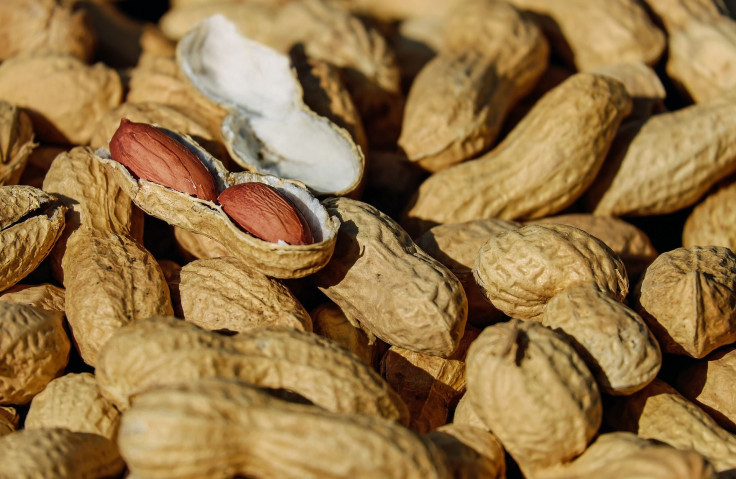6 Signs Of Vitamin E Deficiency; Symptoms Include Miscarriage

When a fetus isn’t getting enough vitamin E, the pregnant mother could miscarry because the deficiency prevents crucial body parts from developing, according to a study in Free Radical Biology and Medicine.
Researchers recently discovered the process, which is just one of many negative side effects of not having enough vitamin E. Oregon State University said in a statement that “severe vitamin E deficiency causes the depletion of essential fatty acids,” forcing cells to rely on glucose to prevent damage. “Lacking glucose for energy, many physical and neurologic features, especially the brain, simply don’t get built, and death can be the result.”
Read: Weird Minerals Your Body Needs
Vitamin E assists the immune system in fighting off illness, but one of its main functions is as an antioxidant, according to the U.S. National Institutes of Health. In that role, it neutralizes negatively charged molecules called free radicals that can damage cells and lead to conditions like heart disease and cancer. Free radicals appear in our bodies when we convert food into energy or encounter pollution, radiation from the sun or other environmental sources. “By limiting free-radical production and possibly through other mechanisms, vitamin E might help prevent or delay the chronic diseases associated with free radicals.”
Previous studies have shown that vitamin E is crucial for fetus development, but the latest research explains why. “In a human fetus, some of the most critical periods for neurologic and brain development are in the first few weeks of pregnancy,” OSU said. “This would suggest that any woman who is planning to or may become pregnant should take a multivitamin with the recommended daily allowance of vitamin E and some other micronutrients.”
The U.S. National Library of Medicine points to vegetable oils, nuts, seeds and leafy greens as solid sources of vitamin E, adding the nutrient is also often added to cereals.
The National Institutes of Health say adults should be getting about 15 milligrams of the vitamin every day, but usually don’t. “Nevertheless, healthy people rarely show any clear signs that they are not getting enough vitamin E.”
If symptoms do show, they can include muscle weakness, vision and eye problems and balance issues, the University of Maryland Medical Center notes. In the long run, it may also hurt your liver and kidneys. The NIH adds “nerve and muscle damage that results in loss of feeling in the arms and legs” and a weakened immune system to the list of signs.
But if you think you are low on vitamin E, it’s better to ingest it with your food than take a supplement: According to the NIH, “high doses of vitamin E might increase the risk of bleeding (by reducing the blood’s ability to form clots after a cut or injury) and of serious bleeding in the brain (known as hemorrhagic stroke).”
Source: Traber MG, McDougall M, Choi J, et al. Lethal Dysregulation of Energy Metabolism During Embryonic Vitamin E Deficiency. Free Radical Biology and Medicine. 2017.
See also:



























